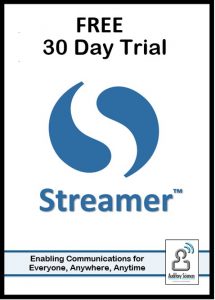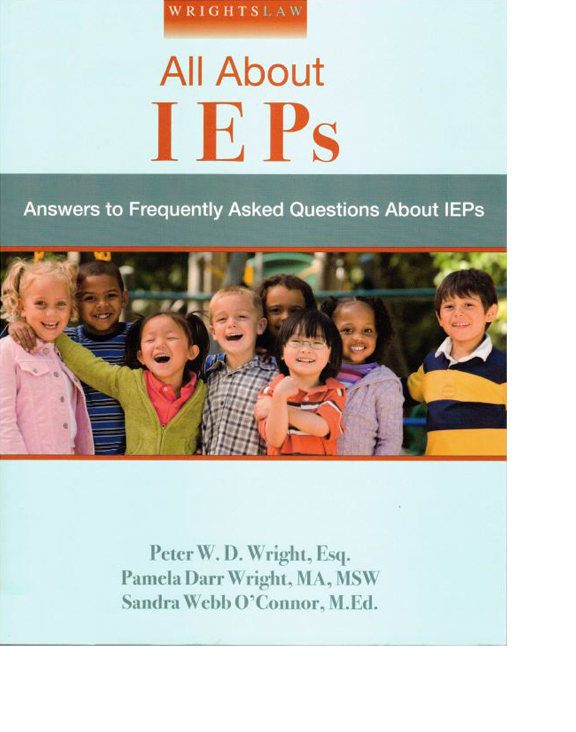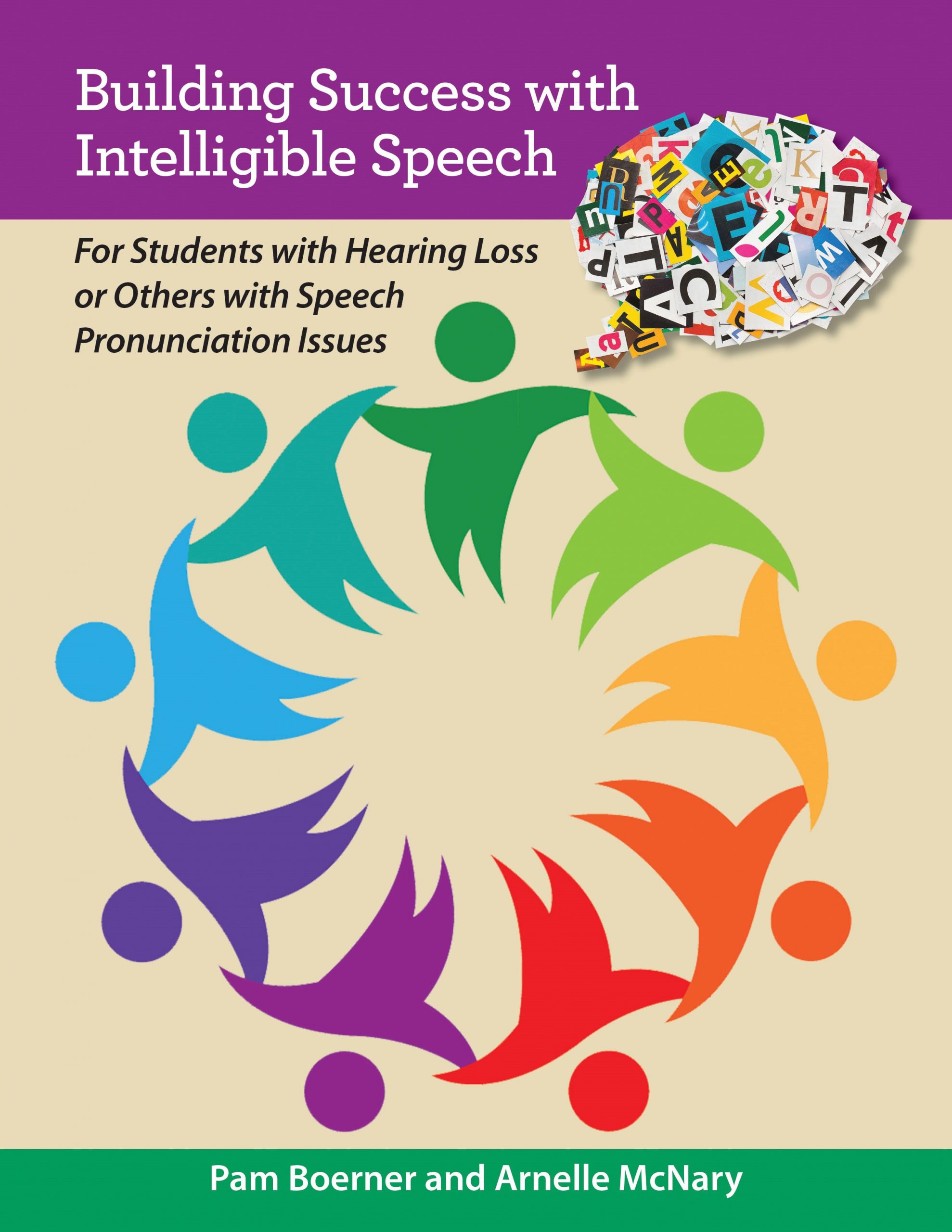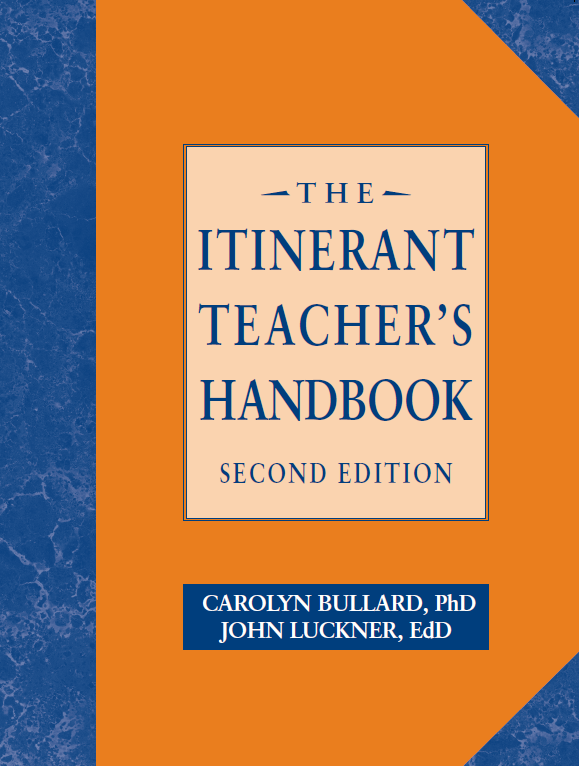Related Products
For Professionals
- Amplification
- Assessment of Student Skills, Challenges, Needs
- Early Childhood: Infants, Toddlers, Preschool
- Hearing Loss – Identification, Impact and Next Steps
- IDEA Law Summary Information
- Language and Speech Development Issues
- Legal Issues in Serving Children with Hearing Loss
- Listening (Auditory Skills) Development
- Planning to Meet Student Needs
- Self-Advocacy Skills for Students with Hearing Loss
- Self-Concept: How the Child with Hearing Loss Sees Himself
- Social Skills
- Speech Perception & Learning
Related Teacher Tools Takeout Items
E-Learning & Coronavirus (COVID-19)

Due to concerns with the rapid spread of Coronavirus, also known as COVID-19, schools and universities across the country are shutting down their campuses and moving to e-learning or virtual learning. In light of this, the following resource information could be helpful as you consider how to provide instruction to your students who are deaf or hard of hearing.
MEETING LEGAL RESPONSIBILITIES:
An important resource regarding our legal responsibilities to provide services to students with disabilities has been released by the U.S. Department of Education. In summary, if general education services are being provided during school closures, Part B and Part C special education services should continue.
| The NAD video explains the seriousness of the virus to share with students, including the commonly used ASL sign for coronavirus. |
While not easy, it is important to remember that while schools are in session, even remotely, we are still obligated to provide accommodations, auxiliary aids, and services as stated in the IEP so students can still access their education. The Council for Exceptional Children, and the National Association of the Deaf has shared some excellent information regarding access during remote learning, as well an Education Advocacy letter that reminds us of our legal obligations when providing online courses and examinations.
The Center for Deaf and Hard of Hearing Education has some #DeafEdTips on E-Learning Accessibility. It has lots of good reminders and additional resources for both deaf educators and general education teachers.
While more focused on post-secondary access, the National Deaf Center (NDC) has some helpful tips for educators as they switch to online learning.
RESOURCES:
 As schools switch to online learning, many education companies are offering FREE subscriptions to their services. An open access Google Drive document with links to all of those possibilities can be found here. For those who need to focus on auditory listening, HearBuilder has some resources. Also, check out this Leprechaun Listening Story using ScreenCastify and EdPuzzle. Speech and Language Pathologists, check out this document for ideas.
As schools switch to online learning, many education companies are offering FREE subscriptions to their services. An open access Google Drive document with links to all of those possibilities can be found here. For those who need to focus on auditory listening, HearBuilder has some resources. Also, check out this Leprechaun Listening Story using ScreenCastify and EdPuzzle. Speech and Language Pathologists, check out this document for ideas.
Some ASL resources can be found at ASL Teaching Resources. ASL videos are available on various YouTube channels: Educational Resource Center on Deafness, Rocky Mountain Deaf School, ASLized!, and Aunt Alice’s ASL TV. Check out additional virtual activities through this LiveBinder. And lastly, have students create books at Book Creator!
Described and Captioned Media Program (DCMP) is a great resource too. Teachers can assign videos for students to watch and then do follow up assignments. All content is captioned, and audio described and FREE.
Supporting Success Teacher Tools e-magazines are full of ready-to-use materials with your students. Members can download pages to use immediately that can be shared and discussed in an e-format with students.
The Ability Challenge has created a Slack community forum for educators to discuss the provision of special education services and supporting learners with diverse needs during online instruction.
Snapplify offers a library of 50 000+ free e-books. Teachers can sign up for free and also claim exclusive teacher benefits. Excellent to send free e-books to your kids and get them to read while they are at home! You can also share your resources on the platform. Easily integrates with Microsoft and Google for education.
 Did you know that Zoom has the capability to add captions during live video sessions that can be recorded? You can type the closed captions directly via Zoom or you can integrate a third-party service, like StreamerTM automated captioning that is available from Supporting Success for Children with Hearing Loss that can add captions in real-time. Streamer is typically 98+% accurate (with the speaker using a microphone) for only $9.97/month (email questions to streamer-support@success4kidswhl.com). Other videoconferencing resources and their caption abilities are available from See Hear Communication Matters (they also have a lot of e-learning resources, including virtual field trip sites on their Facebook page!)
Did you know that Zoom has the capability to add captions during live video sessions that can be recorded? You can type the closed captions directly via Zoom or you can integrate a third-party service, like StreamerTM automated captioning that is available from Supporting Success for Children with Hearing Loss that can add captions in real-time. Streamer is typically 98+% accurate (with the speaker using a microphone) for only $9.97/month (email questions to streamer-support@success4kidswhl.com). Other videoconferencing resources and their caption abilities are available from See Hear Communication Matters (they also have a lot of e-learning resources, including virtual field trip sites on their Facebook page!)
 EXPLAINING CORONAVIRUS TO CHILDREN: When trying to explain coronavirus to children, it can be difficult to know what to say. Two resources to share with families:
EXPLAINING CORONAVIRUS TO CHILDREN: When trying to explain coronavirus to children, it can be difficult to know what to say. Two resources to share with families:
- A kid friendly video explaining coronavirus, with captions and a transcript, can be found at Brain Pop.
- A FREE, downloadable coronavirus social story can be found at The Autism Educator.
In addition to Supporting Success for Children with Hearing Loss Facebook page, there are MANY deaf educator Facebook groups that are discussing these topics and sharing resources. MANY resources and ideas are being shared on these pages. If you are a Facebook user, search for them and join the discussion! While not education specific, The Daily Moth has a Facebook page that provides frequent updates in ASL on current events that you or your students might find helpful.
| With a little bit of planning, we can do our best to ensure that we are still providing services to our students during this uncertain time. |
Supporting Success for Children with Hearing Loss has a pinned post on their Facebook page where you can share resources with each other. Please head over there, support each other, and share away!
Click here to download this article, including author information



